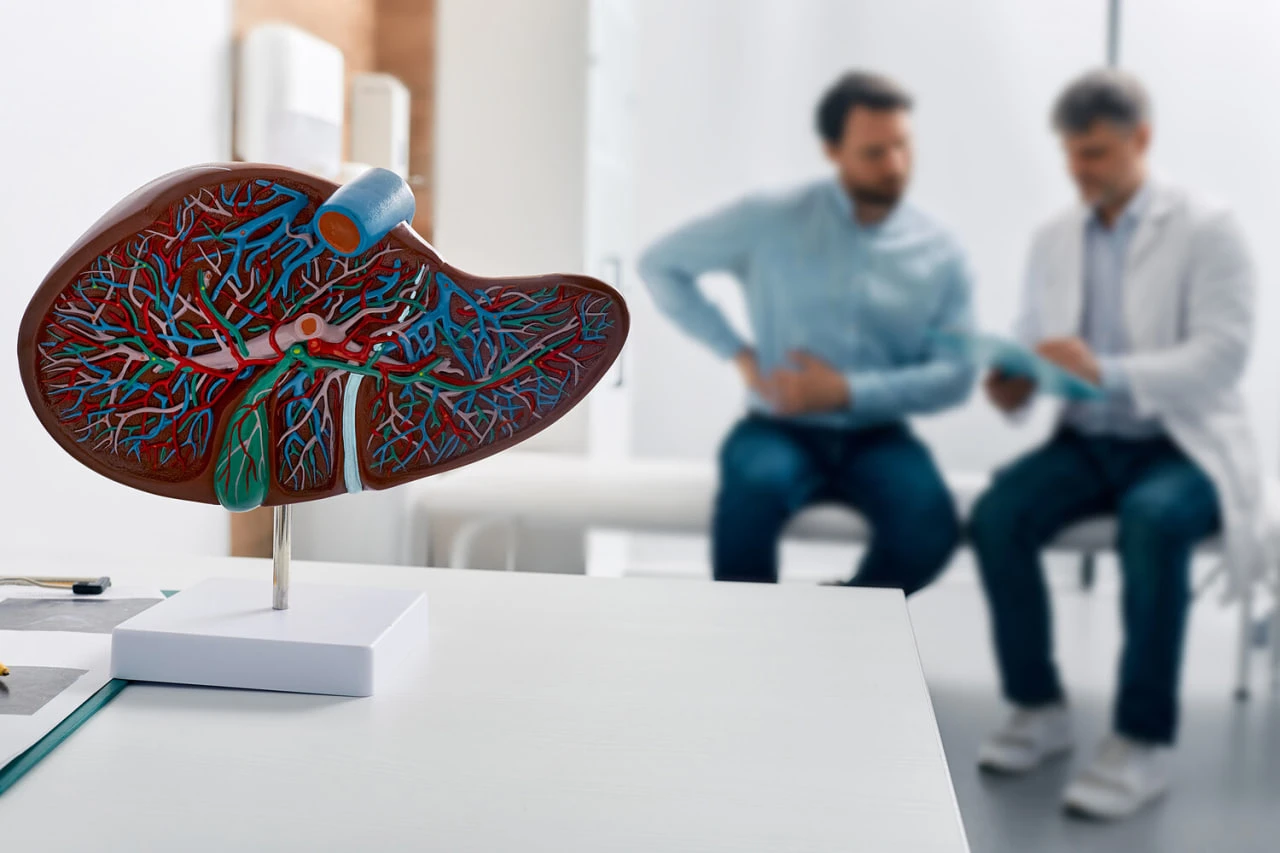The researchers of Yong Lu Lin Medical School of Singapore National University presented new RNA therapy, which can change the treatment of fatty liver disease. The disease affects the world's population up to a quarter and leads to cirrhosis and liver cancer in difficulties. The study was published in the magazine of Science Advances.
At present, there are only two approved medications for the disease, and they help only 30% of patients. The Singapore team led by Associate Professor Van Juni-Wei has created a "nanobic medicine" based on lipid nanomathnis, which is a genetic Sirna drug to the liver. It blocks SPTLC2 gene responsible for the occurrence of ceramides, fatty materials that cause lipids, inflammation and liver fibrosis.
During the experiments, the reduction in the liver and the blood of the bloodstream has led to a decrease in fatty accumulations, inflammation and tissue, and slowed down the disease. No side effects have been observed on other organs.
"We have shown that through nanomasis, the targeted pressure of the ceramic allows us to solve the essence of the disease. This can become a more accurate and secure alternative to systemic drugs, "said Van Jun-Way.
According to doctors, including Gastroenterologist Mark Mutia, the new therapy can fill out the existing treatments and inspire patients who have not responded to traditional methods. The team is already working to make the drug longer terms and transition to clinical trials.
Scientists have emphasized that the famous Lipid nanomathniks are now opening doors to chronic diseases, including not only liver diseases, but also for diabetes, obesity and cardiovascular treatment.
Translation of: Euromedia24.com


























